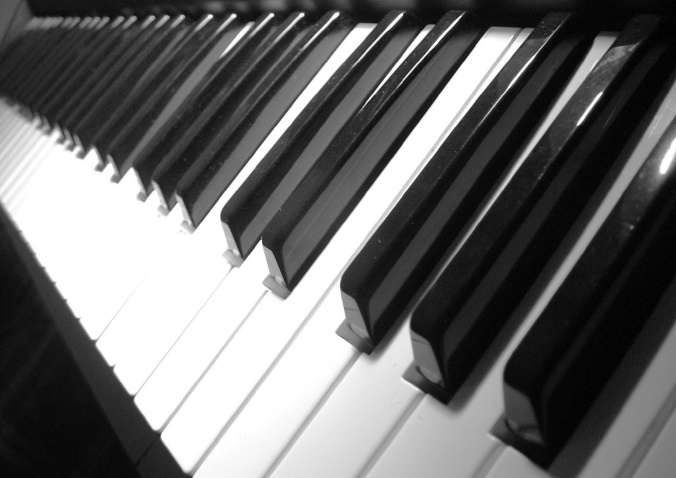A little bit about Piano/keyboard playing skills
A little bit about Piano/keyboard playing skills
It’s very important to understand what technique is in any form of art…same is true with the piano.
Correct technique will lead to correct practice…and a proper understanding can help us to develop correct practice methods.
Most common misunderstanding is that technique comes naturally to some and that’s what makes them a better piano player….. It’s not the case.
The agility and speed of an accomplished pianists is the outcome of a certain process followed with patience and sincerity for a prolonged amount of time…
This also means that anyone and everyone can play good piano.

Many of us are naturally gifted with the tendency to understand music… but can’t manage the musical passages because of lack of some simple but critical information.
Playing good piano is mostly a process of brain/nerve development, not development of finger movements and strength alone.
The point I am making is that piano skills can be acquired in a short time, if the correct learning procedures are applied
There are two stages:
- Understanding how your fingers, hands, arms, move
- Condition your brain, nerves, and muscles to execute these with ease and control.
The idea is that you are actually improving your brain when learning piano!
Benefits of learning piano:
You are making yourself smarter.
Improving your memory…..helps in success in academics, and the ability to retain memory longer as you age.
Memorising is an integral part of technique acquisition.
Improving your memory…..helps in success in academics, and the ability to retain memory longer as you age.
Memorising is an integral part of technique acquisition.
How to judge and measure your progress with your technique?
You must rely on a chance as you progress that while you try playing the difficult pattern faster, your hands accidentally stumbles onto a motion that works.
If you are unlucky, your hand may take longer to discover the motion and you are stuck for long…..The key is to keep practising.
Most beginner piano students don’t have the idea (in their wildest dreams) about the complex motions that the fingers, hands, and arms can perform.
All the geniuses who came before us have made most of the useful discoveries (otherwise, they wouldn’t have been such great performers) leading to efficient practice methods.
Another misconception about technique is that once the fingers become sufficiently skillful, you can play anything.
Almost every different pattern is a new adventure; it must be learned anew.
Experienced pianists seem to be able to play just about anything because ,
- They have practiced all the things that you encounter frequently, and
- They know how to learn new things very quickly.
There are large sections of patterns that appear frequently in piano playing. Knowledge of how to play these patterns covers significant portions of most compositions.
Author – Amit Diwadkar